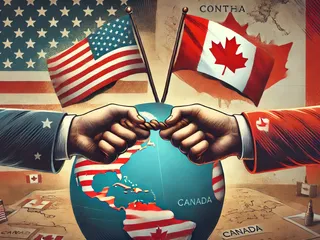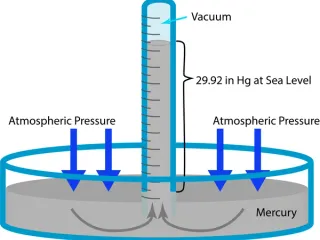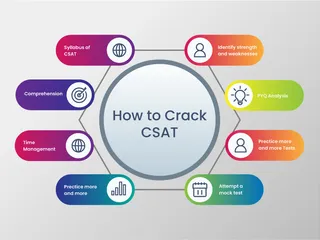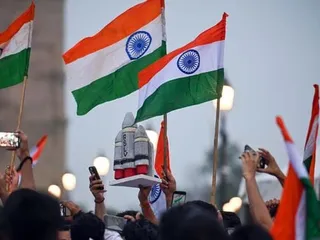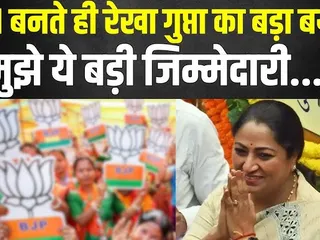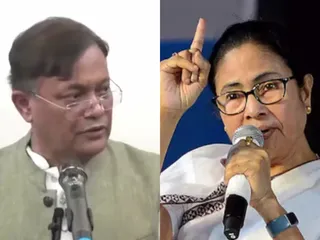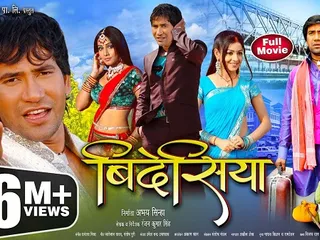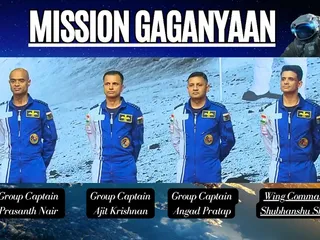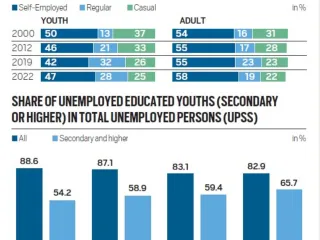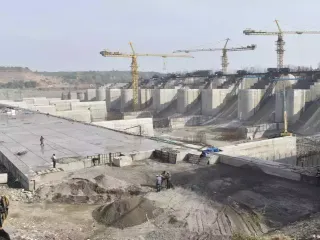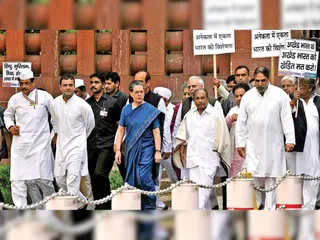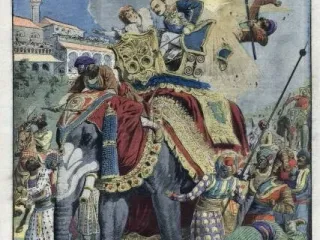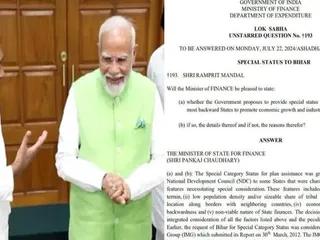President's Rule, officially known as Article 356 of the Indian Constitution, allows the President to impose central rule in a state if the state government fails to function according to constitutional provisions. This is a powerful measure with significant consequences for the affected state and the nation as a whole.
Constitutional Basis and Application
Article 356 outlines the circumstances under which the President can impose President's Rule. This usually involves a breakdown of law and order, political instability, or a situation where the state government is unable to effectively govern. The process involves a report from the Governor, consideration by the Union Cabinet, and parliamentary approval.
Effects on Governance
The imposition of President's Rule leads to the suspension of the state government and the assumption of its powers by the central government. This can result in:
- Delayed policy implementation: Decision-making slows due to bureaucratic hurdles and the lack of local expertise.
- Administrative inefficiencies: The central government may lack the nuanced understanding of local issues required for effective governance.
- Erosion of democratic principles: Critics argue that President's Rule undermines the principles of federalism and undermines the democratic process by bypassing elected representatives.
- Increased Centralization of Power: The power of the central government is strengthened, potentially leading to a shift in the balance of power between the center and the states.
Socio-economic Consequences
President's Rule can also have significant socio-economic impacts, potentially leading to:
- Economic disruption: Uncertainty and instability can deter investment and hinder economic development.
- Social unrest: The suspension of the state government can exacerbate existing social tensions and lead to protests and demonstrations.
- Political polarization: President's Rule can further polarize political actors and deepen divisions within society.
Case Studies and Further Research
Numerous instances of President's Rule in India provide valuable case studies for examining its various effects. Further research into specific instances, focusing on both the short-term and long-term consequences, is crucial for a comprehensive understanding of this complex issue.
For more in-depth information on President's Rule, you can refer to resources from the Indian government's official website and scholarly articles on the subject. (Note: Direct links to specific government documents and academic papers would require more context on which specific examples you desire).

